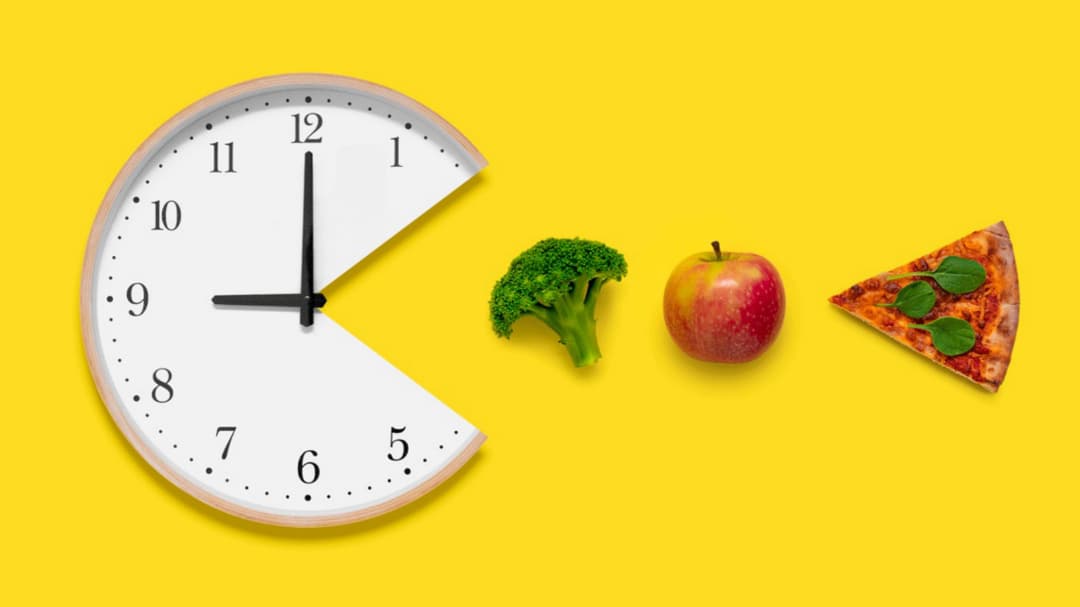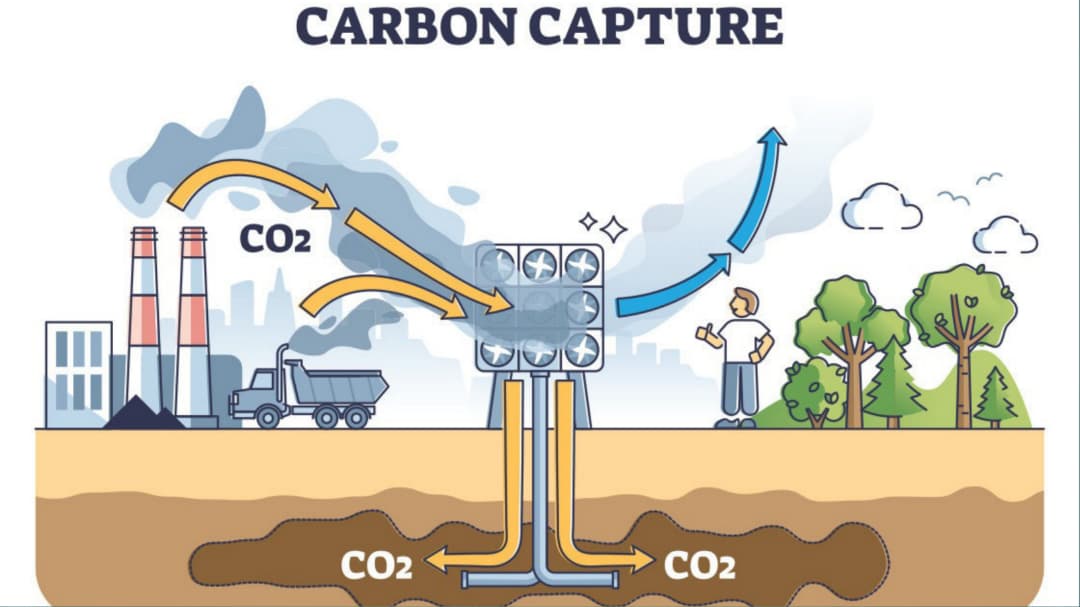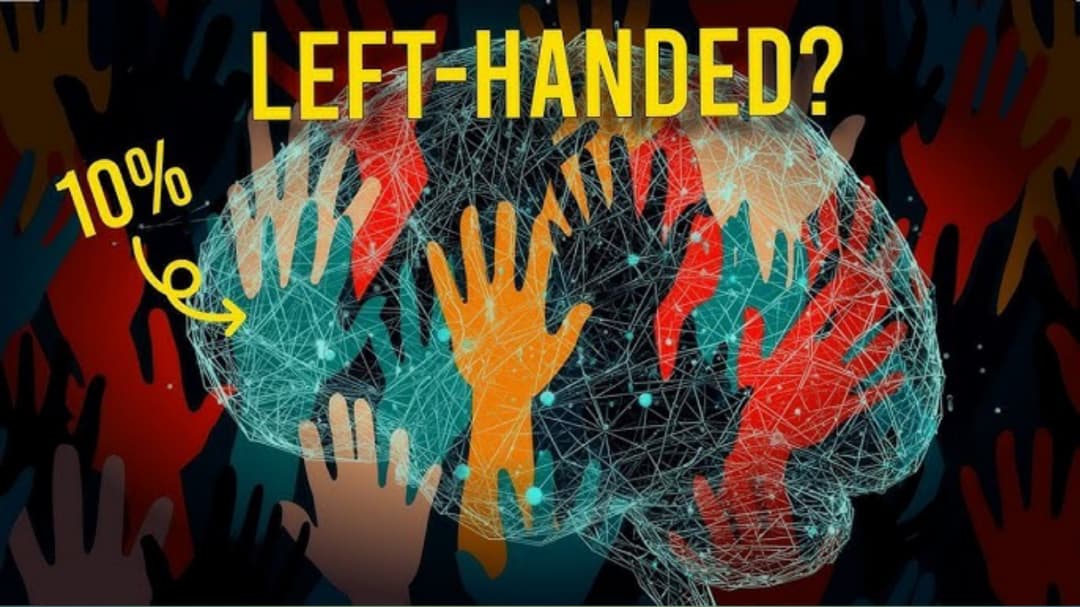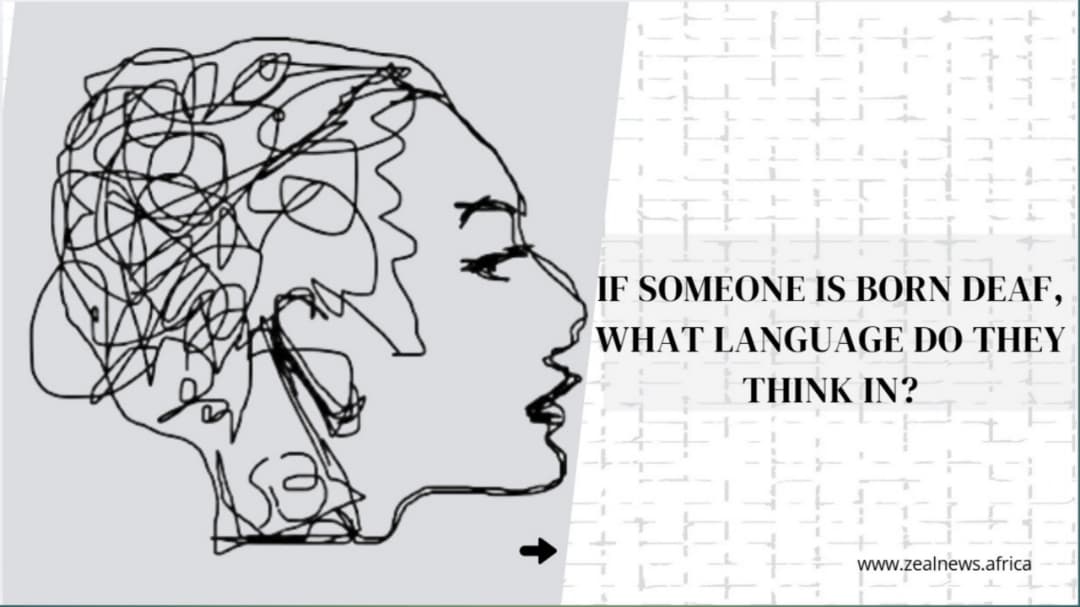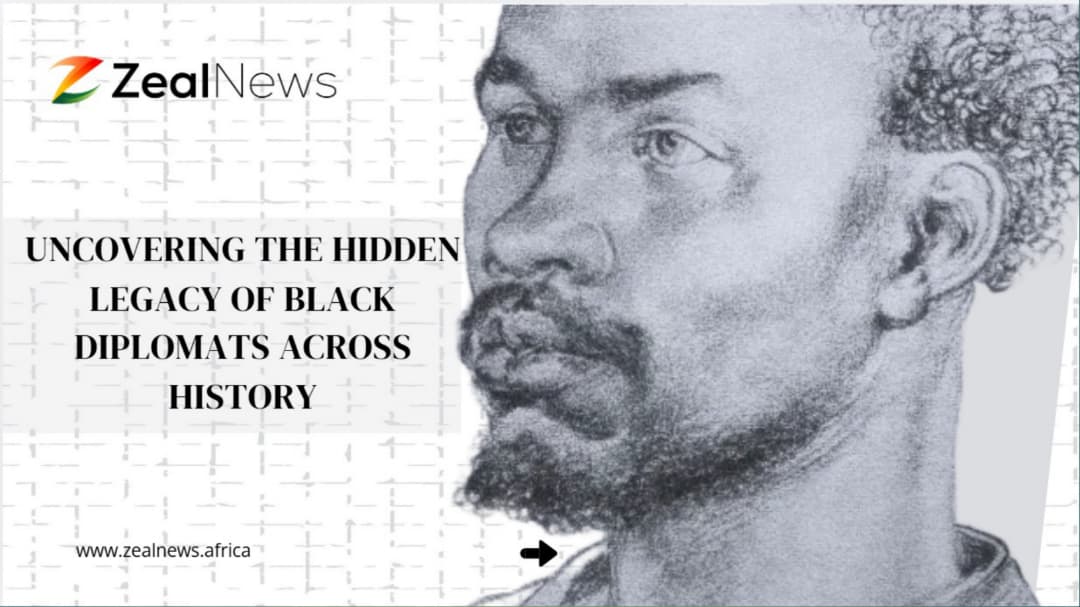International Men’s Day 2025 in Nigeria: Supporting Men and Boys for a Stronger Future
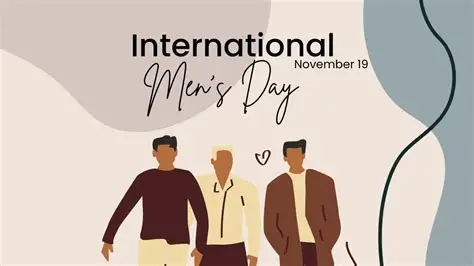
On 19 November 2025, the world marks International Men’s Day, and this year’s global theme “Supporting Men and Boys” , resonates deeply here in Nigeria. More than a moment of recognition, it is a call to action: to shine a light on the health, well‑being, and societal roles of men in a country where many of their struggles remain hidden, under-addressed, or misunderstood.
International Men’s Day, though less prominent than some other global observances, holds a powerful purpose. It is not an invitation to compete with women’s rights movements, but rather an opportunity to acknowledge men’s unique challenges and contributions. Globally, the day emphasizes six core pillars: promoting positive male role models, celebrating men’s contributions, focusing on men’s health, highlighting areas of disadvantage, improving gender relations, and creating safer communities. These principles matter deeply for Nigeria, where social, economic, and cultural pressures combine to make men’s vulnerability both real and stigmatized.
In Nigeria, part of that vulnerability shows up starkly in life expectancy. According to the National Bureau of Statistics, Nigerian men had an average life expectancy of 55.1 years in 2022, a slight improvement from prior years. Yet the recent State of the Nation Health Reportshows that Nigeria’s life expectancy remains among the lowest globally. This gap is not just a number, it’s a reflection of deep, systemic challenges in our health and social systems.
The Reality of Men’s Health in Nigeria

Men’s health in Nigeria is often painted in broad strokes, but beneath the surface are very specific, urgent issues. Many Nigerian men carry health burdens silently, whether due to chronic disease, mental stress, or cultural expectations that demand strength and stoicism.
Mental health is one of the most critical areas. According to experts, cultural and environmental factors significantly increase the risk of mental illness among Nigerian men. A clinical psychologist recently noted that many men feel trapped by societal expectations: expressing emotions is often equated with weakness, preventing them from seeking help or even acknowledging their distress. This pattern has dire consequences: men account for a disproportionate share of suicides in the country, with some reports estimating that 80% of suicides in Nigeria are among men.
On the public‑health front, non-communicable diseases (NCDs) like heart disease, hypertension, and cancer weigh heavily on men. The reluctance to seek preventive care or to talk openly about symptoms which means many men may only engage with the health system when problems become severe. Meanwhile, access to quality healthcare remains uneven, and government health expenditure does not always sufficiently target men’s needs.
Yet there is some progress: the World Health Organization, in partnership with Nigerian authorities, has integrated mental health services into primary health centres (PHCs). Between 2022 and 2023, tens of thousands of men and boys were treated for mental health conditions through these services. (WHO | Regional Office for Africa) This is promising, but we must ask: is it enough?
Region, Risk, and Disparity
Life expectancy for Nigerian men doesn’t look the same everywhere. There are meaningful regional disparities. Data shows that in the South-West (e.g., Ekiti, Ogun, Imo), male life expectancy approaches 59–60 years, while in the North-East and parts of northern Nigeria, it can drop to around 49–51 years. These differences reflect broader inequalities access to healthcare, infrastructural development, poverty, and education.
At the same time, diseases like HIV/AIDS, malaria, and tuberculosis continue to burden many men, especially in underserved regions. According to Nigeria’s National HIV and AIDS Strategic Framework, young men remain a critical demographic in prevention efforts. Without strengthened health systems and more targeted outreach, these health risks will persist.
Cultural Pressures and the Burden of Silence
Beyond disease statistics, there is a more intangible—and equally damaging—burden: the pressure to be “strong,” unemotional, and self-reliant. Cultural norms in Nigeria often discourage men from admitting vulnerability. A recent clinical psychologist commented that many men suppress their feelings, delaying help until crises erupt.
Financial stress, family responsibilities, and social expectations compound the problem. For many men, failure to meet the role of provider or to project competence can feel like failure as a person and yet admitting emotional struggles can feel taboo. According to a report, a significant portion of Nigerian men hide mental health issues even from close family, while others don’t know where to find help.
This silence is particularly dangerous when it comes to suicide. The Elizabethan Humanitarian Life Foundation has called for the creation of a ministry for men’s affairs, citing that over 80% of reported suicide cases in Nigeria are among men. Tackling this requires not only mental health services, but also structural reforms, social support systems, and a shift in how we talk about masculinity.
Role Models, Mentorship, and Community
Social Insight
Navigate the Rhythms of African Communities
Bold Conversations. Real Impact. True Narratives.
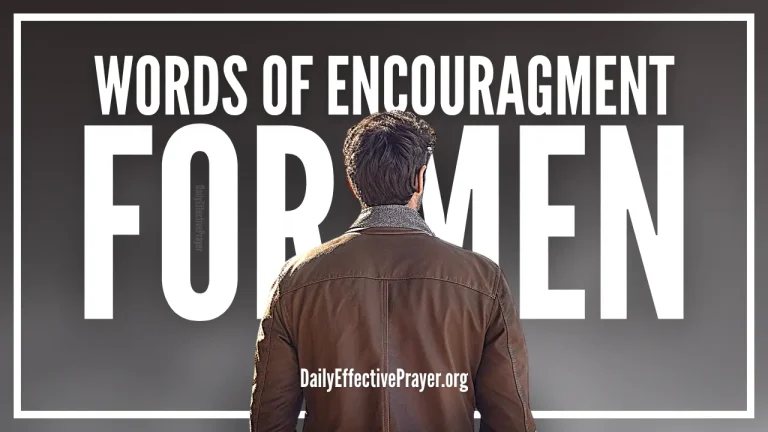
While the challenges are real, International Men’s Day is also about celebration of positive male role models, community builders, and men who lead with empathy and integrity.
In Nigeria, these role models take many forms: fathers who mentor sons, entrepreneurs who give back to their communities, teachers who guide students, and activists working for better health policies. Highlighting these men helps disrupt harmful stereotypes about masculinity. It reminds us that strength does not always show up as brute force: sometimes it is quiet perseverance, commitment to service, or the courage to listen.
Communities, too, have a role to play. Grassroots organizations and faith-based groups can host dialogues about men’s emotional health, safe spaces for men to speak, and peer networks to offer support. In workplaces, employers can run mental health awareness campaigns, provide counseling or wellness programs, and encourage men to do regular health screenings.
On this International Men’s Day, supporting men and boys in Nigeria means more than kind words. It means concrete actions, both individual and collective.
Check In and Listen
Take the time to ask the men in your life how they are doing and really listen. Often, men don’t reach out because they fear judgment or dismissal. A simple, genuine check-in can open doors.Promote Health-Seeking Behaviour
Encourage men to go for regular medical check-ups. Whether it’s blood pressure screening, prostate exam, or mental health evaluation, preventive care matters. Workplaces, community groups, and religious bodies can play a role here.Support Mental Health Services
Advocate for or support local mental health initiatives. This could mean partnering with NGOs, supporting primary health centres (PHCs) that integrate mental health, or simply sharing information about where to find help. The work WHO and Nigerian authorities are doing to integrate mental healthcare into PHCs is a step, but more needs to be done.Celebrate Positive Masculinity
Share stories of men who defy toxic norms. Whether through social media, school forums, or community gatherings, spotlight men who practice empathy, mentorship, and accountability. Let’s broaden our definition of strength.Advocate for Policy Change
Push for policies that support men’s well-being: mental health funding, gender-sensitive social services, suicide prevention programs, and perhaps even a dedicated ministry or national body as some have suggested.Build Sustainable Support Networks
Mentorship and peer groups, especially intergenerational ones can create safe spaces. Young men need role models; older men need to know their wisdom matters. These networks can be anchored in community centres, schools, or online platforms.
Imagine a Nigeria where men live not just for their 50s or 60s, but well into old age, supported by systems that value their health, mental well-being, and contributions. Imagine communities where boys learn early that vulnerability is strength, and men mentor one another with openness and compassion.
International Men’s Day 2025 is more than a symbolic observance, it is a moment for collective reckoning and collective care. It is an opportunity to affirm that men, too, deserve support: not as strong, silent pillars, but as full human beings, worthy of emotional safety, health resources, and societal respect.
When we support men and boys, we build a more resilient society, one where relationships are deeper, communities are stronger, and every person, regardless of gender, can thrive. That is the promise and the challenge of this day.
Social Insight
Navigate the Rhythms of African Communities
Bold Conversations. Real Impact. True Narratives.
You may also like...
When Sacred Calendars Align: What a Rare Religious Overlap Can Teach Us

As Lent, Ramadan, and the Lunar calendar converge in February 2026, this short piece explores religious tolerance, commu...
Arsenal Under Fire: Arteta Defiantly Rejects 'Bottlers' Label Amid Title Race Nerves!

Mikel Arteta vehemently denies accusations of Arsenal being "bottlers" following a stumble against Wolves, which handed ...
Sensational Transfer Buzz: Casemiro Linked with Messi or Ronaldo Reunion Post-Man Utd Exit!

The latest transfer window sees major shifts as Manchester United's Casemiro draws interest from Inter Miami and Al Nass...
WBD Deal Heats Up: Netflix Co-CEO Fights for Takeover Amid DOJ Approval Claims!

Netflix co-CEO Ted Sarandos is vigorously advocating for the company's $83 billion acquisition of Warner Bros. Discovery...
KPop Demon Hunters' Stars and Songwriters Celebrate Lunar New Year Success!

Brooks Brothers and Gold House celebrated Lunar New Year with a celebrity-filled dinner in Beverly Hills, featuring rema...
Life-Saving Breakthrough: New US-Backed HIV Injection to Reach Thousands in Zimbabwe

The United States is backing a new twice-yearly HIV prevention injection, lenacapavir (LEN), for 271,000 people in Zimba...
OpenAI's Moral Crossroads: Nearly Tipped Off Police About School Shooter Threat Months Ago
ChatGPT-maker OpenAI disclosed it had identified Jesse Van Rootselaar's account for violent activities last year, prior ...
MTN Nigeria's Market Soars: Stock Hits Record High Post $6.2B Deal

MTN Nigeria's shares surged to a record high following MTN Group's $6.2 billion acquisition of IHS Towers. This strategi...


